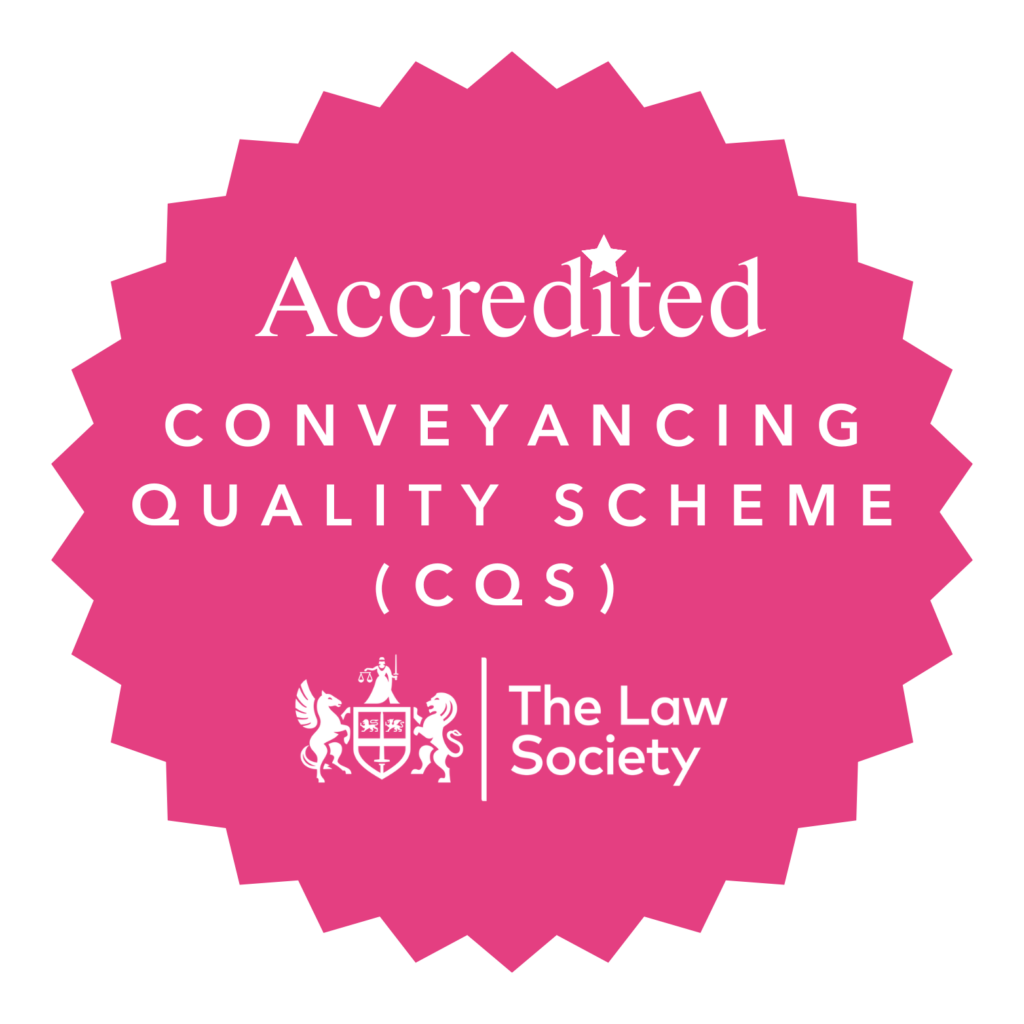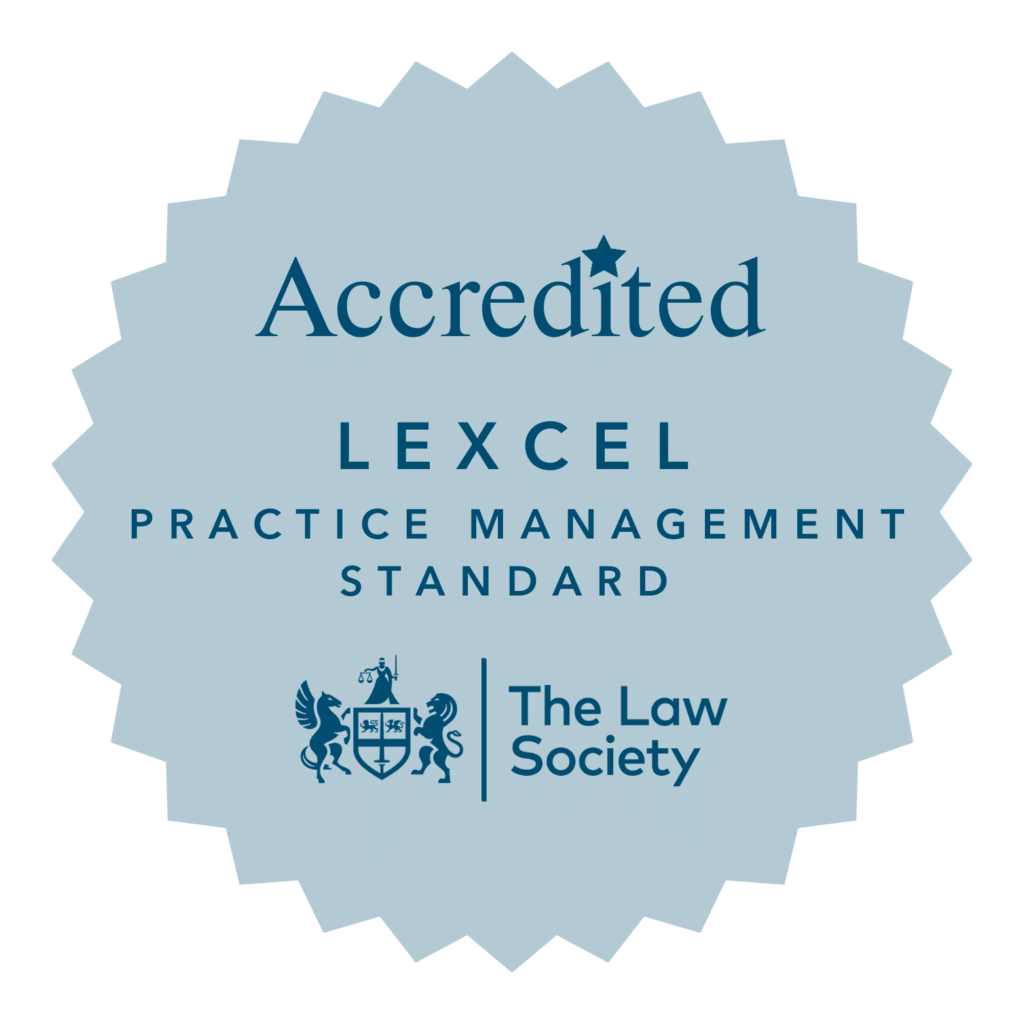Licenses to Assign Business Purchases: A Guide for London Solicitors
Licenses to assign play a very important role in the successful transfer of business assets, especially where leases are concerned. A license to assign is that permission-granting legal document that allows the transfer of a tenancy from an existing tenant to another. It is a formal agreement that details the terms and conditions for transferring a lease from one tenant to another. Most commercial leases in London contain provisions requiring the landlord’s consent before any assignment can take place.
Purpose
1. To protect the interest of the landlord by ensuring that the incoming tenant is financially stable and capable of meeting the obligations under the lease.
2. To provide for a record of the landlord’s consent to the assignment of the lease.
3. To outline any conditions or guarantees required as part of the assignment
Basic Components of a License to Assign
A standard license to assign will include the following components:
1. Parties: It names the landlord, the assignor being the tenant at present, and the assignee being the new tenant.
2. Consent Clause: A written declaration stating that the landlord agrees to the assignment of the lease.
3. Assignment Conditions: Conditions which have been specifically placed by the landlord concerning a deposit rent, personal guarantee, or providing a guarantor.
4. Covenants: The assignor and the assignee shall abide by the terms in the lease, while ensuring the landlord’s position is protected.
5. Administrative Provisions: Inclusion of clauses related to administrative matters, drafting cost of the license to assign, and proper execution of the contract.
Role of a Solicitor in Enabling Licenses to Assign
Solicitors play an important role in guiding parties through the intricacies associated with licenses to assign. Some of their roles include;
1. Reviewing the Lease Agreement:
The solicitors should read the lease and get an understanding of the clauses on assignments. The key issues would be whether the consent of the landlord is required, whether there are any conditions attached to such consent, and whether there are any restrictions imposed by the lease on assignment to certain types of businesses or persons.
2. Negotiating Terms:
Interacting with the landlord’s solicitor on reasonable terms as far as the license to assign is concerned. This may involve opposing outrageous conditions or ensuring the interest of the assignee.
3. Due Diligence:
Checking on the assignee’s solvency, business credit, and capability to service the lease. Solicitors must also ensure that the assignor has complied with all the terms of the lease up to the time of assignment.
4. Preparing and Reviewing Documents:
A draft license to assign by the solicitor may be requested or solicitors can adopt a draft prepared by the landlord’s solicitor. It is necessary to pay attention to every detail to ensure that the document reflects the agreed terms.
5. Facilitation of execution
Ensuring all parties sign the license to assign and that it is properly executed in accordance with legal requirements.
Common Problems and Solutions
Although licenses to assign are indispensable in business purchases involving leased premises, they do pose some problems. A few issues that may face solicitors and possible solutions include the following:
1. Delayed Landlord Consent:
Challenge: The landlords may take time scrutinizing the request for assignment, hence delaying the transaction.
Solution: Proactively provide the landlord with detailed assignee information that may include financial statements and business plans to enhance the pace of decision.
2. Onerous Conditions:
Problem: Landlords may impose unreasonable conditions, which may range from high rental deposits to guarantor needs.
Solution: Try to negotiate with the landlord to come to an amicable agreement that safeguards them without jeopardizing the assignee.
3. Cost Disputes:
Problem: There could be issues related to the attorneys’ fees expenses of preparing the license to assign.
Solution: All cost liabilities must be presented upfront as pertinent to the lease terms.
4. Breach by Assignor of Lease Terms
Problem: If the assignor is in breach of the lease terms and conditions, a landlord may refuse to give his consent or impose further conditions.
Solution: Breach should be avoided proactively. This is achieved by ensuring that the assignor attempts to solve any problems before approaching the landlord.
Legal Framework Surrounding London Licenses to Assign
Basically, the legal framework surrounding a licence to assign in London is determined by the following acts-
1. Landlord and Tenant Act 1927:
Under the said Act, the Landlord’s consent to assignment need not be “unreasonably” withheld. However, the word “unreasonable”, however is pretty subjective and in practice oftentimes the bone of contention.
2. Landlord and Tenant (Covenants) Act 1995
The rights and liabilities of the original and subsequent tenants are dealt with under the 1995 Act. For example, under an Authorised Guarantee Agreement (AGA), an original tenant (assignor) may still be liable for lease obligations.
Best Practice for Solicitors
1. Open Communication Channels:
To deal with issues successfully, keep the lines of communication open with all parties concerned, including the landlord’s solicitor.
2. Prepare Detailed Documentation in advance:
Gather all relevant documents that are needed, such as financial statements, references, and the business profile of the assignee. Keep them ready to present to the landlord.
3. Anticipate Problem Areas:
Keep abreast of potential sticking points, such as a pending unsolved dispute or missing documents.
4. Keep Updated with Case Laws:
Keep abreast of changes in legislation and case law affecting licenses to assign to provide informed advice to clients.
Conclusion
Licenses to assign are a cornerstone of business purchase transactions involving leased premises. For solicitors in London, mastering the intricacies of these licenses is essential to ensuring a seamless transfer of lease obligations. By understanding the legal framework, addressing common challenges, and adopting best practices, solicitors can provide their clients with the guidance needed to navigate this complex process successfully.





